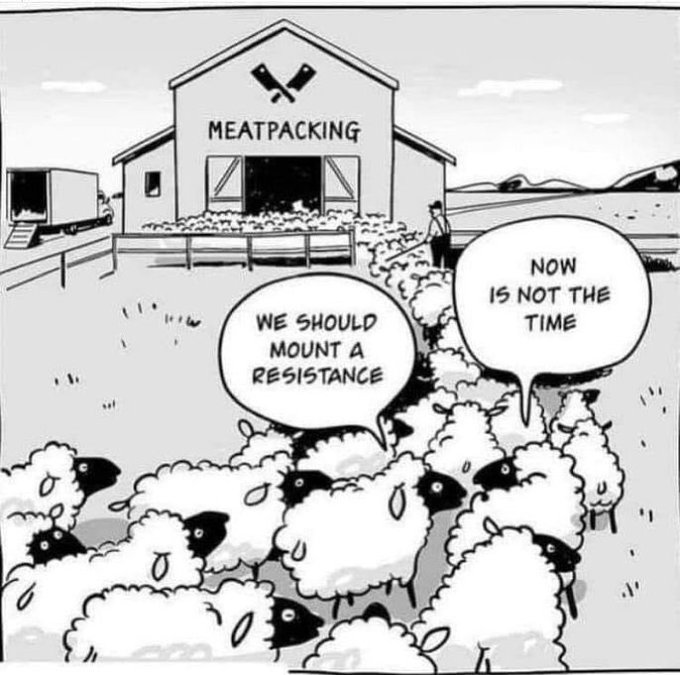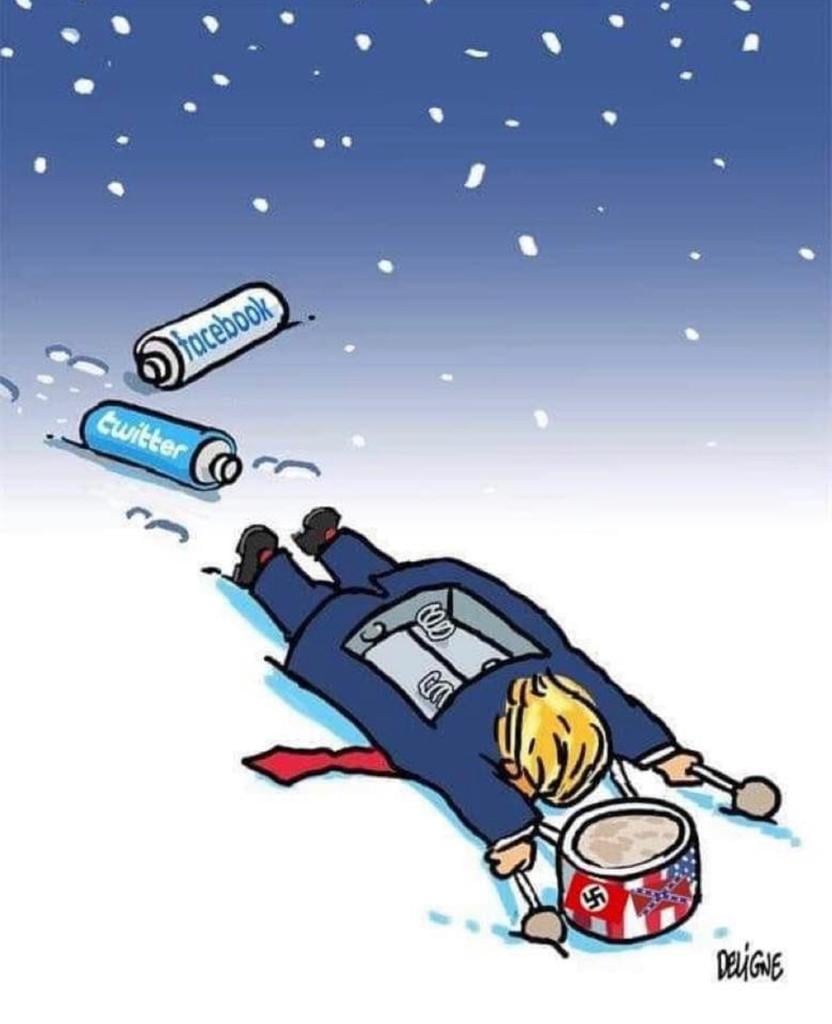In alternative paths and spaces, governance is rooted in trust rather than formalized decision-making. These are environments where shared values, relationships, and practical action matter more than rigid rules or bureaucratic processes. People who come from more institutional or #NGO-style backgrounds default to proposing formal structures – voting procedures, consensus check-ins, rotating chairs, code-of-conduct enforcement committees. While these processes feel necessary to them, in practice they fail in grassroots spaces. Why? Because, fundamentally, nobody has to do anything.
Take a volunteer grassroots run radical media collective, for example. If someone proposes a complex consensus model or tries to enforce step-by-step project plans, it usually ends with endless meetings, unresolved tensions, and burnout. The reason is simple, unlike in paid or hierarchical systems, there’s no leverage to force participation. When push comes to shove, people just walk away.
What happens next is revealing. After the mess, what we might call the composting of the formalized process, people who are still around begin to just do what needs to be done. A few trusted people pick up the shovel, others join in when they see real work happening. Momentum builds through doing, not debating. The group evolves informally, with leadership emerging from action and care, not from mandates. Trust grows as people witness each other’s commitment over time. This informal flow tends to work surprisingly well most of the time.
For example, in the early days of Indymedia, despite various affinity groups having very different political approaches, decisions often came down to who stepped up to do the tech work, write the stories, or run the servers. Trust was built by contribution and consistency. Similarly, in grassroots disaster relief efforts (like Occupy Sandy), attempts to impose centralized control often broke down. But mutual aid networks thrived on trust, initiative, and lightweight coordination, text threads, shared spreadsheets, and informal roles. It was messy, but it worked.
The insight, in trust-based spaces, power flows not from authority or process, but from care, responsibility, and visible action. People trust those who show up and do the work, not those who talk the most or try to control the process. While this model isn’t perfect – and trust can be broken – it often outperforms rigid structures in flexible, values-driven communities.
And then there’s the wannabe #nastyfew – those who feed off control, disruption and ego, often seeking to dominate through manipulation and obstruction. We don’t need to fight them head-on or sink into their drama. In healthy alternative spaces, we learn to step around them, focus on building trust and function, and let their influence compost along with the rest of the mess. In time, as we balance and grow, manage our own lives better, we can feel empowered to push them out of the way, not with force, but with the strength of community, clarity, and shared purpose. They might then become useful in some way?






